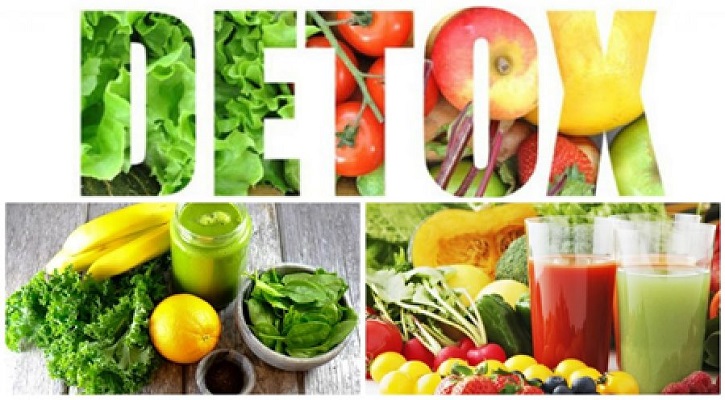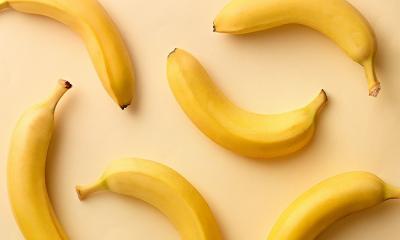
What is detox diet?
- Womenscorner Desk
- August 21, 2020
Ranging from fruit fasts, which cut out whole food groups to restricted short term diet plans that focus on eliminating caffeine, alcohol, salt, sugar and processed foods, you may lose weight on such a diet because of the limited food choices. Most of this weight loss will be water, stored glycogen and waste products and the majority of it will be regained when you return to normal eating patterns. Some detox diets can be extreme and, when followed for a sustained period of time, may lead to dangerous nutritional deficiencies. Others that advocate the use of specific supplements can be expensive. Detox diets may also trigger unhealthy eating patterns and behaviours, especially in teenagers, which can impact long-term health and wellbeing.
Read More : Best Organic Mascara
The pros : While there are very few benefits to ‘detox’ diets, they may help you to think about what and when you’re eating they can motivate you to eat more fruit and vegetables, drink more water and cut down on processed foods, caffeine and alcohol. Eating only whole, unprocessed foods may help to retrain your palate so you’re less likely to want foods that are high in fat, salt and sugar.
Read More : Some Foods to Prevent Hair Fall
The cons : There is no scientific evidence to support the need or the value of a ‘detox’. That’s because our bodies are designed to repair, regenerate and detoxify themselves. We have specific organs like the liver, kidneys, skin, digestive system and lungs as well as enzymes in our cells that work hard to break down and eliminate toxins and internal waste products. In fact, by cutting back on key nutrients like protein you’re far more likely to compromise rather than support your body’s ability to detoxify. Some ‘detox’ diets claim to help you to break unhelpful habits, but this may be an oversimplification, as habitual, emotional or comfort eating can be complex behaviours which are unlikely to be resolved by a short-term eating plan.
Source : Google





